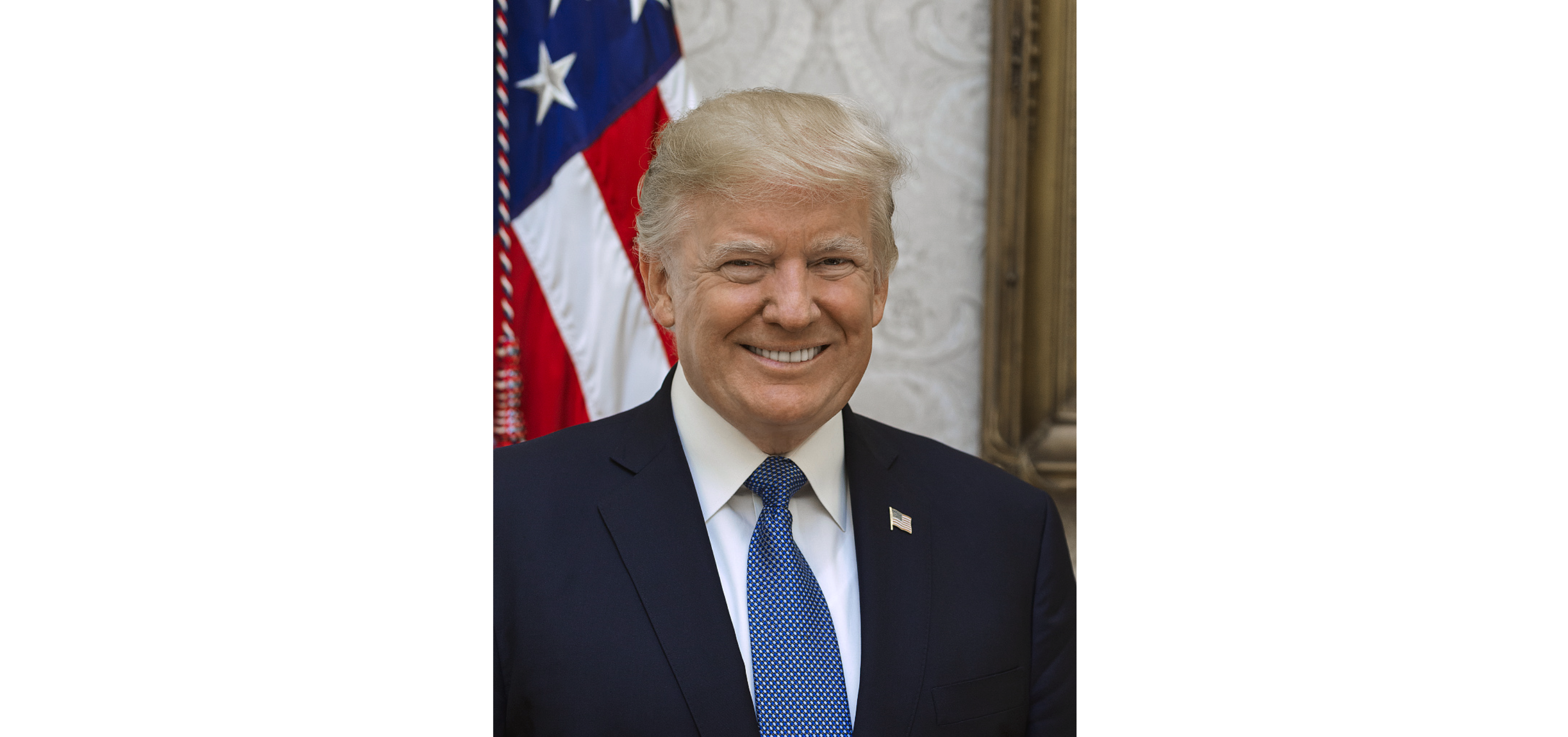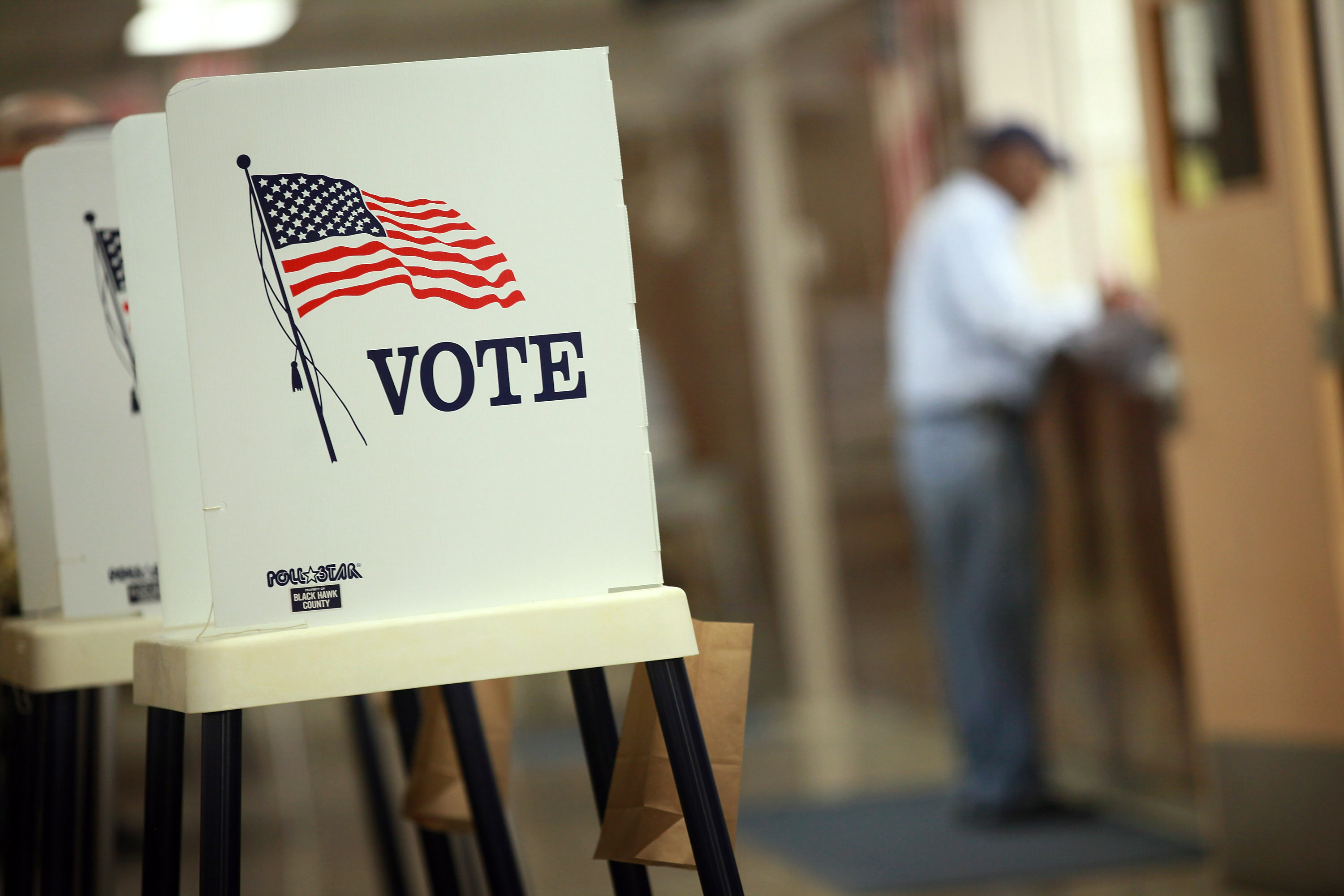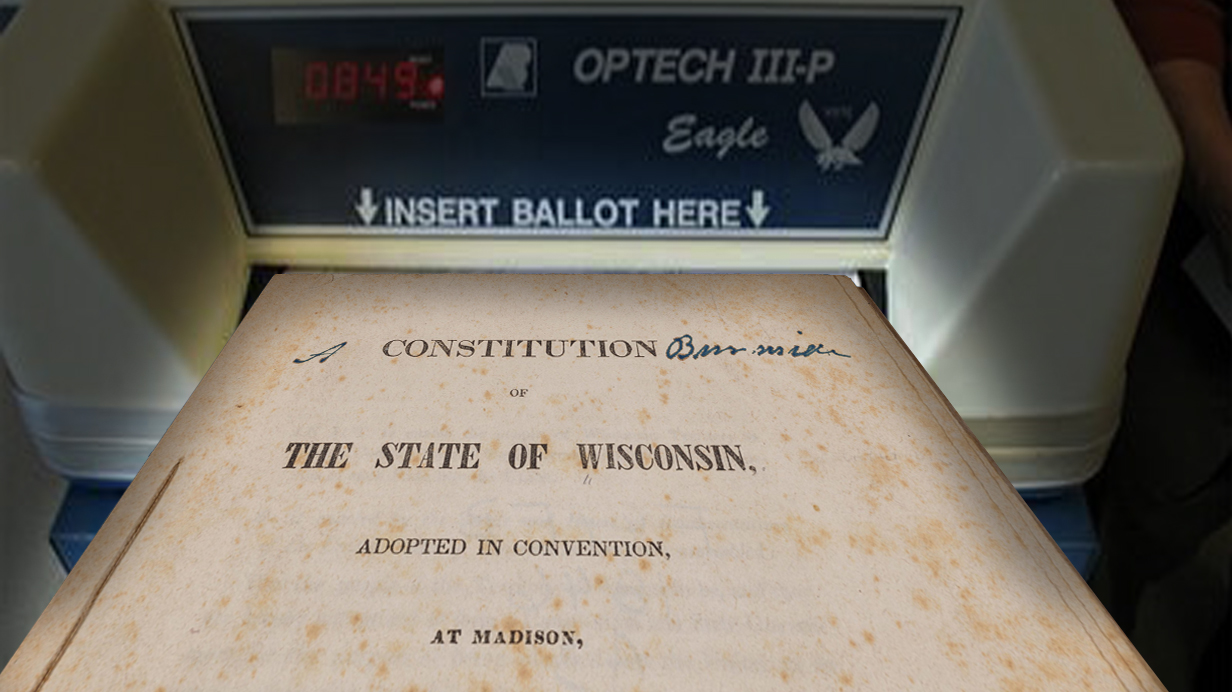
Dan O’Donnell–Why hasn’t former President Donald Trump cratered in the polls following his criminal conviction? As Dan O’Donnell reports, the answer might lie here in Wisconsin.
Perspective by Dan O’Donnell
June 6, 2024
Common sense would dictate that the absolute worst thing for a presidential campaign would be a criminal conviction of the candidate—let alone a conviction on 34 felony charges—but this is apparently not the case.
Since he was convicted in Manhattan last week, former President Trump has stayed remarkably consistent in both national and swing state polls, and he has remained the prohibitive favorite in betting market odds to win the White House this November.
Paradoxically, Trump actually seems to have gained political strength since his trial began in mid-April. During opening arguments, political odds site Polymarket had him as just a 46%-45% favorite. The day after the verdict was read, he was a 54%-39% favorite.
How is this possible? How has Trump defied the laws of political physics? The answer might lie in Wisconsin, in something one might call “The Scott Walker Effect.”
In February 2011, just a few months after winning the governorship, Walker introduced legislation to reduce a massive state budget deficit that he had inherited from outgoing Democrat Governor Jim Doyle. Originally known as the “budget repair bill,” it dramatically curtailed collective bargaining for most public employee unions.
It also enraged the left, prompting tens of thousands of protesters to descend on the Capitol for weeks’ worth of furious protests. In an effort to keep those protests going and prevent a vote on the legislation now known as Act 10, every single Democrat in the State Senate fled the state so a quorum could not be formed, and the bill could not advance to Walker’s desk.
Eventually, though, the runaway Senators returned, and Act 10 passed the Republican Legislature, but liberal rage didn’t subside. Activist groups launched efforts to recall Governor Walker from office.
The following June, Walker faced a recall election and, in what seemed from the outside to be s major upset, became the first governor in American history to survive a recall.
But it really wasn’t an upset; in fact Walker won more votes and a higher percentage of the vote in the recall than he did in his initial win in 2010. Even though he faced the exact same opponent, Democrat Tom Barrett, Walker won nearly 207,000 more votes. There was much higher voter turnout in the recall, but Barrett only increased his vote total by only 160,000.
Where did those 47,000 additional Walker votes come from? Mostly people who didn’t necessarily like Walker but hated the idea that a sitting governor should be removed from office over a political difference and not for malfeasance in office.
“The Scott Walker Effect” is thus the backlash to a move to end a public official’s career or keep him from running for office through a hyper-politicized weaponization of governmental or judicial process.
That perhaps best explains why Trump has not seen his poll numbers crater or widespread calls for him to exit the presidential race following his conviction–voters just don’t approve of prosecuting a former president and leading presidential candidate, especially when that prosecution was so nakedly partisan.




